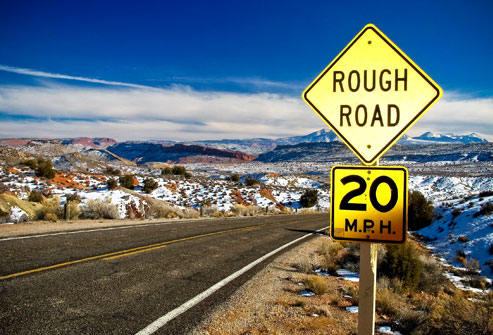When I’m wallowing in self-pity, I like to ask that question. It always goes back to those moments when I’m not particularly enjoying the clean and sober life.
Mood music:
For the most part, it’s gotten easier. When you don’t spend all your time thinking about how to pull off a binge, you get to experience a much fuller life. You enjoy the company of people more. You pack a lot more living into your travels. Best of all, you don’t go through the day under a foggy shroud that follows a drinking, eating or drugging binge.
But I won’t lie. Sometimes, when everyone around me is enjoying a glass of wine, a few beers, some cake and a smoke, I feel like the spoiled child who sits with his arms folded, pouting, because he lost dessert for leaving vegetables on the plate.
Saturday night kind of left me feeling that way. Erin and I had a fabulous evening at an auction to benefit our kids’ school and afterwards we went to the home of friends. The kitchen was packed with people whose company we’ve come to treasure. We didn’t go home until around 2 a.m., which for us is almost unheard of.
It was St. Patrick’s Day. Part of me would have loved indulging in the whiskey and wine on the table, and I would have enjoyed a cigar even more. But I can’t do that stuff anymore. Luckily, our hosts had Red Bull on hand. That’s my go-to beverage when the temptation for alcohol becomes too much.
I’m starting to realize something about these “what else is there” moments. It’s the dark side of my soul trying to trap me in old behavior. The devil whispers something in my ear about how I should be able to enjoy some of the finer things in life; that I shouldn’t be living the clean life if it’s going to make me a miserable bastard.
And yet I still weigh out every meal I eat. I avoid flour and sugar as if it were lethal poison. And whenever I have the opportunity to drink alcohol or smoke — particularly during travel — I don’t follow through.
I suppose I have a strong enough memory of all the pain that followed indulgence and I remember how hard I’ve worked to clean myself up. I guess the thought of falling backwards pisses me off and sparks worry more than the self-pity I feel when I can’t party.
Strangely enough — particularly where the smoking is concerned — I think the Wellbutrin I take along with Prozac to keep depression at bay has eased the craving for smoke. I’d heard about Wellbutrin having this effect on people, but I quit smoking several months before taking it and I didn’t really connect the dots.
What I’ve discovered, I told Erin Saturday night, is that I stopped being pissed about the no smoking when the Wellbutrin took hold. Until then, though I had quit, I was pissed about it. I wanted to smoke and only stopped because I got caught.
The clean and sober life is a lot more complicated than I thought it would be.
But when I look at the things I’ve gained in life, I know it’s worth every deprived minute.







.jpg)

